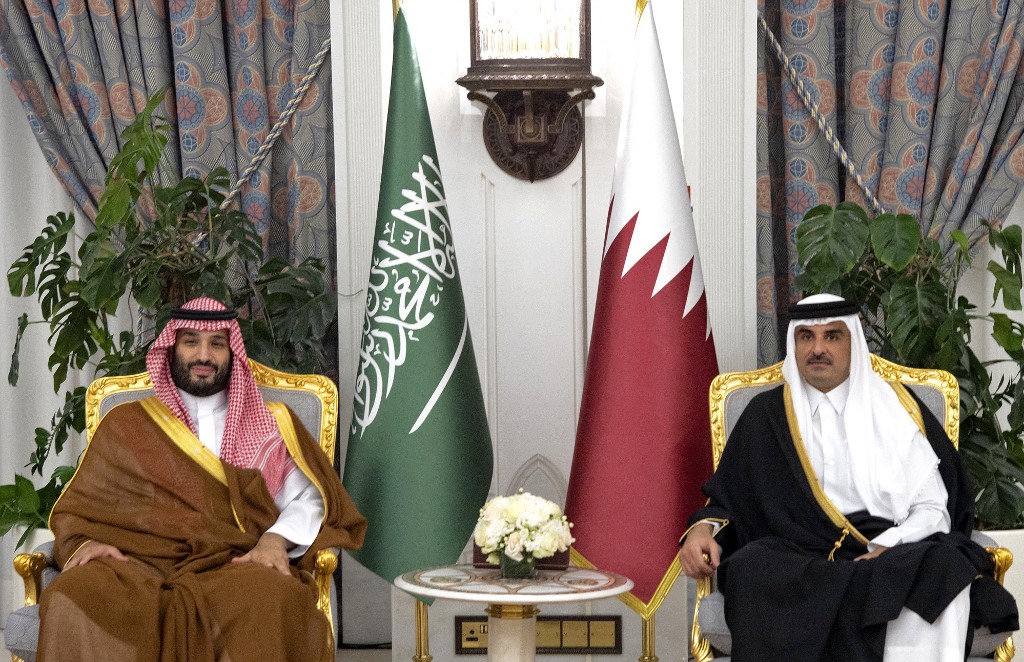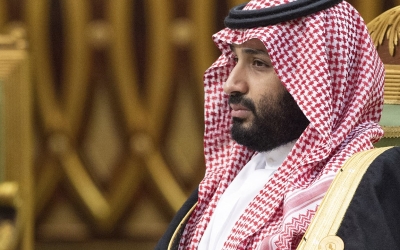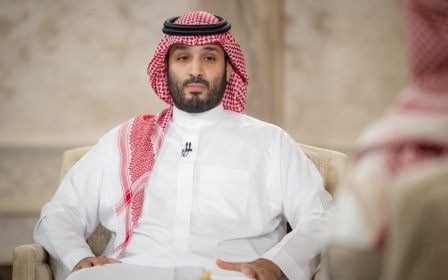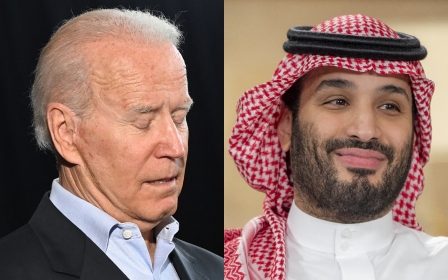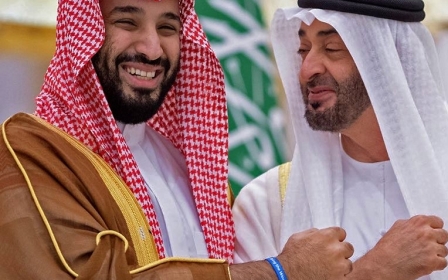Saudi charm offensive: Is Mohammed bin Salman truly changing course?
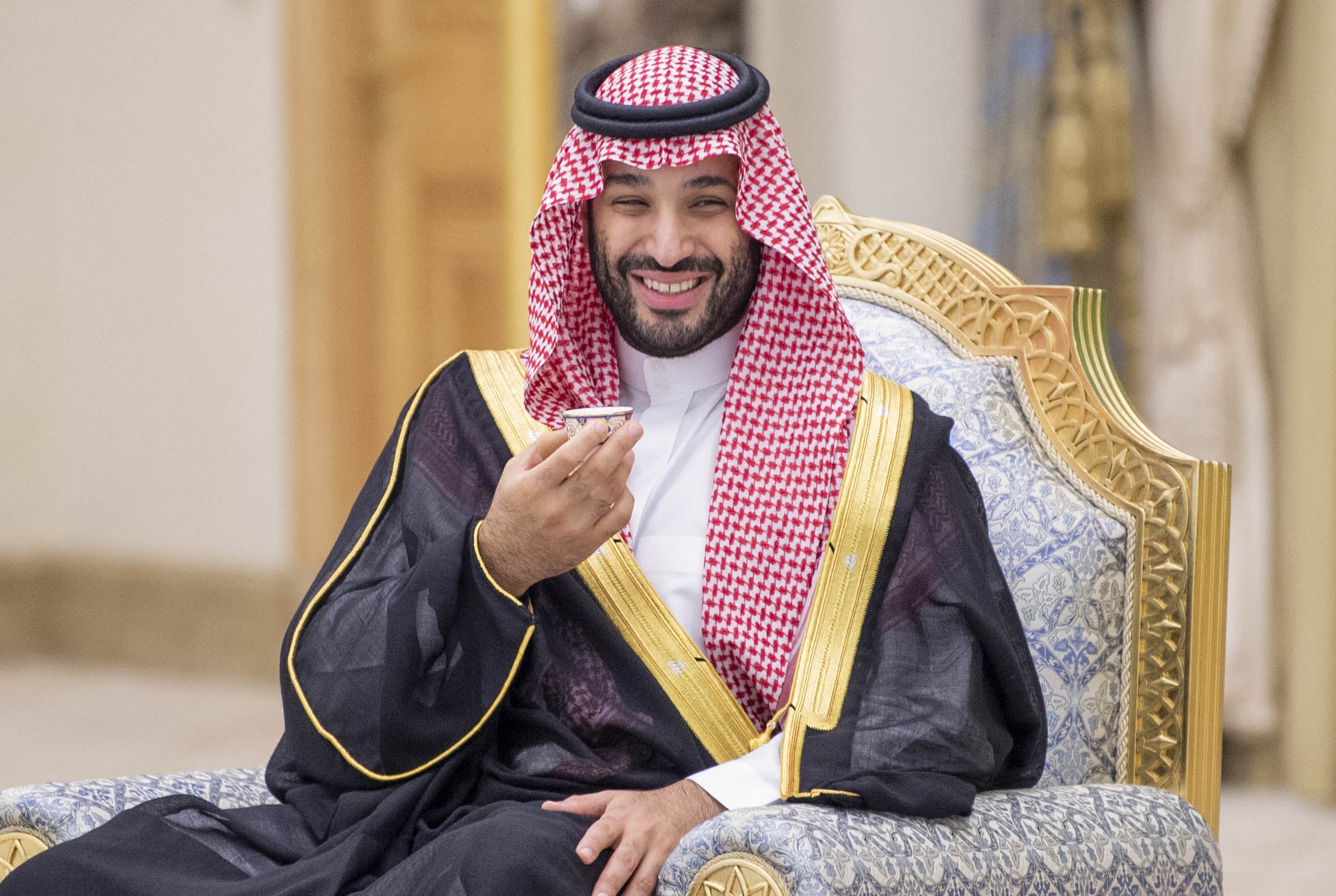
The first six months of 2021 marked a setback for Saudi Arabia's Crown Prince Mohammed bin Salman (MBS) and his charm offensive, following a series of foreign policy blunders over the last six years.
As 2021 draws to an end, it seems that the crown prince is determined to reverse the tide and adopt a conciliatory tone, with several regional initiatives already underway. But some of his misguided past decisions could still impede his ability to succeed in convincing his neighbours that he is now a man of peace, rather than a young, boisterous leader who antagonised many would-be regional allies during his first years in office.
This year's charm offensive may ultimately prove to be yet another Formula 1 race that brings trophies, but no lasting impacts
Trust in his latest strategic U-turn may still be in short supply. Holding international film festivals on the shores of the Red Sea or racing Formula 1 cars may not disperse the heavy grey clouds that have hung over his statecraft in the Gulf region since he became the face of Saudi Arabia in 2017.
Since the beginning of 2021, MBS has adopted a new strategy to amass support in his backyard, starting with ending the boycott of Qatar and reaching out to other aloof Gulf Cooperation Council (GCC) states. His recent tour of the GCC started in Oman, a country that the Saudi media previously accused of providing a corridor for smuggling arms to Yemen, where weapons ended up in the hands of Ansar Allah (the Houthis), his Yemeni archenemy since 2015.
A new leadership in Oman after the death of Sultan Qaboos may be under economic pressure to roll out the red carpet for the Saudi crown prince, but historically, Oman has not been an easy ally. Its foreign policy has always stopped short of the black-and-white Saudi approach, in which countries are considered enemies unless they are totally subservient to Riyadh’s whims.
New MEE newsletter: Jerusalem Dispatch
Sign up to get the latest insights and analysis on Israel-Palestine, alongside Turkey Unpacked and other MEE newsletters
Unprecedented blockade
Qatar might have forgiven MBS for pushing a hard sanctions regime on the country, which was unprecedented. Qatar survived the years of blockade as it is wealthy and enjoys the support of its US ally and others in the region. It recently made itself pivotal to addressing the mess that the US created in Afghanistan, helping to build bridges with the Taliban and to evacuate thousands of fleeing Afghans who had worked with the occupying power for two decades.
The Saudi crown prince watched as Qatar helped to insulate the departing US from further humiliation and turmoil. Jealousy must have tormented him, leading to the conclusion: if you cannot beat them, join them. While Qatar’s emir appears to have forgiven MBS, embracing him with pomp, he may never feel fully reassured that another GCC crisis will not emerge, as long as MBS remains in power.
Outside the Gulf region, under US pressure, MBS pleaded with the Iraqis to facilitate talks with Iran, but negotiations reached a standstill, even though trade relations resumed between Iran and Saudi Arabia following their suspension in 2020. Reaching a non-aggression pact with Iran may not be possible without a new international agreement to deal with Iran’s nuclear programme.
Renewed Saudi trade with Iran falls short of smoothing a troubled relationship that faces many hurdles to overcome. The recent Saudi boycott of Lebanon over a minister’s criticism of the Yemen war, along with the Saudi position on Hezbollah, will complicate rather than facilitate peace with Iran, which has strong influence in Lebanon.
Economic pressure
Reaching out to Turkey and endearing President Recep Tayyip Erdogan, who is equally under tremendous economic pressure following the collapse of the Turkish lira, may sound like a good idea - but Turkey will remain under domestic pressure to bring to justice the culprits in the murder of journalist Jamal Khashoggi. It will be willing to use that heinous crime as a bargaining chip with the crown prince, particularly if he relaunches a campaign against Erdogan.
Turkey is unlikely to be part of a regional “Sunni alliance” against Iran, should MBS entertain such an absurd idea. Turkey has stable relations with Iran, and the Kurdish question on both sides of their border will always be an important criterion for any engagement or disengagement. Turkey also remains dependent on oil imported from neighbouring countries, mainly Iraq and Iran.
Finally, the ongoing war in Yemen will likely remain a troubling quagmire that will drain Saudi resources and further isolate Riyadh diplomatically. Even if peace is reached, the wounds in Yemen will take decades to heal, if they ever do - leaving Saudi Arabia with an injured enemy on its southern border. The prince needs more than an enduring ceasefire and a peace treaty to shed the ghosts of Yemen.
Saudi Arabia’s recent diplomatic U-turn might not truly point to a policy shift. The extreme regional positions that MBS has adopted over the last six years have severely damaged Saudi Arabia’s regional position, leaving it with more enemies than friends. This year’s charm offensive may ultimately prove to be yet another Formula 1 race that brings trophies, but no lasting impact for the Gulf region and Saudi Arabia - a thriller race that could be derailed at any time.
The views expressed in this article belong to the author and do not necessarily reflect the editorial policy of Middle East Eye.
This article is available in French on Middle East Eye French edition.
Middle East Eye delivers independent and unrivalled coverage and analysis of the Middle East, North Africa and beyond. To learn more about republishing this content and the associated fees, please fill out this form. More about MEE can be found here.



